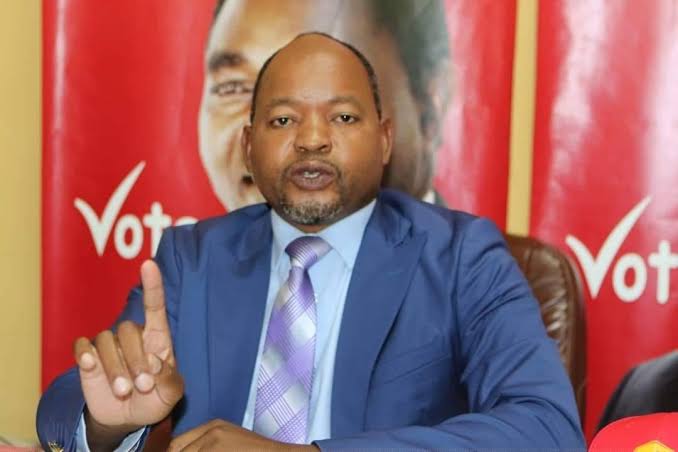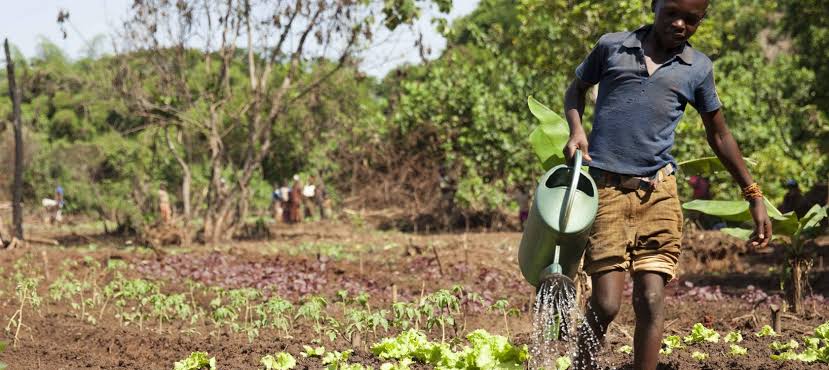The Nigerian community, under the auspices of Nigerian Citizens Association in South Africa (NICASA), has raised the alarm over the murder of a 37-year-old Nigerian, Julius Chukwunta, who was beaten to death by four South Africans inside an estate.
According to the association, Chukwunta, a native of Aninri Local Government Area in Enugu State, was reportedly attacked on Saturday, December 7, while driving to his residence in Midrand Protea Estate.
In a statement issued on Saturday by the President-General of NICASA, Dr Frank Onyekwelu, Chukwunta was blocked by the four men while approaching his residence.
Onyekwelu stated that information available to the association noted that after attempting to pass through, Chukwunta was met with resistance by the assailants, prompting him to seek help at the security office of the estate.
“At that moment, the four men allegedly attacked him, leaving him severely injured with a head wound,” the PG said.
“His female companion, who was sitting in the car, rushed to the security office and discovered him bleeding on the ground.
“In spite of attempts to call for help, the security office and residents did not assist in calling the police or an ambulance.
“After an hour, Chukwunta’s partner contacted her father, who, along with other family members, took him to Tembisa General Hospital.
“Chukwunta was placed on life support but later succumbed to his injuries and died at the Tembisa General Hospital on December 10, 2024.”
Onyekwelu also confirmed that the case was reported to the police by Chukwunta’s partner at the Midrand Police Station and was registered under file number 262/12/2024.
The NICASA President said the four suspects, aged 20, 24, 27, and 28, were arrested, and the case was presented in Alexandra Magistrate Court on December 13, 2024, where they were charged with murder.
“The court proceedings on December 18, 2024, saw three of the suspects granted bail of R10,000 each, while the fourth had not yet applied for bail. The case was adjourned to February 3, 2025.”
Onyekwelu however, expressed disappointment at the proceedings, wondering why three of the suspects were released on bail and vowed that the Nigerian community would continue to demand justice for Chukwunta and support his family.
He emphasised that the community would not rest until justice was served and the value of Nigerian lives was upheld in South Africa.

 VenturesNow2 days ago
VenturesNow2 days ago
 Musings From Abroad2 days ago
Musings From Abroad2 days ago
 Metro2 days ago
Metro2 days ago
 Metro23 hours ago
Metro23 hours ago






















